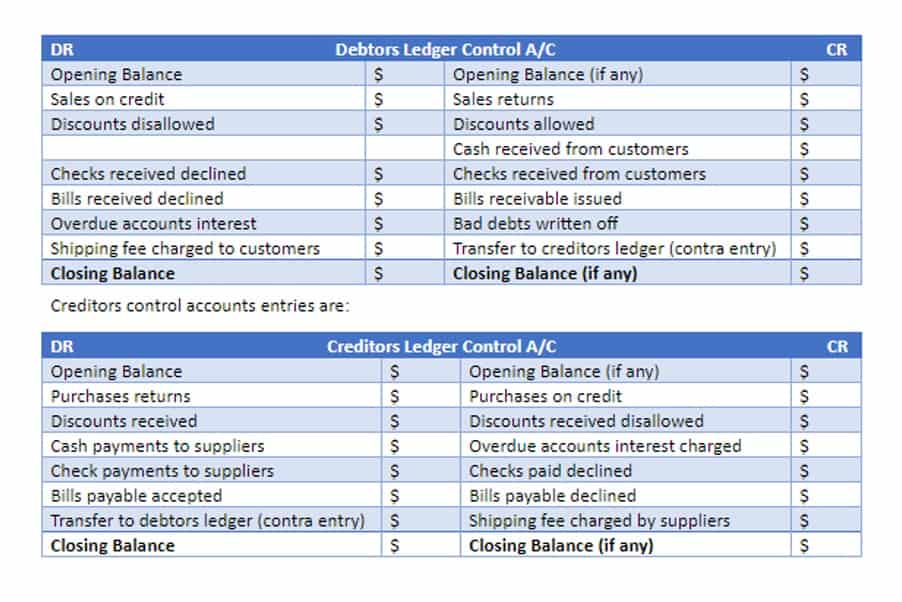
A good small business accounting system can also enable you to keep your business running efficiently and profitably. In most cases, accountants use generally accepted accounting principles (GAAP) when preparing financial statements in the U.S. GAAP is a set of standards what is business accounting and principles designed to improve the comparability and consistency of financial reporting across industries. Analysts, managers, business owners, and accountants use this information to determine what their products should cost.
Nominal Accounts
Investing in different areas of your business can be an important next step. Investing in accounting software can make it easier to automate financial tasks, improve accuracy, compile data, produce reports, and comply with laws and regulations. When deciding on a software, consider which features you need and how much you’re willing to spend. Read this guide to discover financial reporting and the different accounting systems, accounting software, and whether you can do your own small business accounting. While financial accountants often use one set of rules to report the financial position of a company, tax accountants often use a different set of rules. These rules are set at the federal, state, or local level based on what return is being filed.
- Different accounting standards exist for companies that operate overseas and for local and state government entities.
- Tax accounting is regulated by the Internal Revenue Service (IRS), and the IRS legally requires that your tax accounting adhere to the Internal Revenue Code (IRC).
- Financial statements are reports that summarize how your business is doing financially.
- These rules are outlined by GAAP and IFRS, are required by public companies, and are mainly used by larger companies.
Adjusted Trial Balance

Cost accounting is often a prerequisite of managerial accounting because managers use cost accounting reports to make better business decisions. It also feeds into financial accounting since costing data is often required when compiling a balance sheet. In the United States, accountants follow the rules set by GAAP (Generally Accepted Accounting Principles).

Accountants for Small Businesses

How a company chooses to record transactions depends on the business owner. However, for government regulations and tax purposes, it is wise to always keep track of everything, including receipts and invoices. Business accounting differs from other Bookkeeping for Chiropractors types of accounting in a few ways, especially in that no compliance regulations exist.
Too much debt or having income in overdue accounts receivables can put a company in a negative cash flow. Accounting helps a business understand its financial position to be able to make informed decisions and manage risks. recording transactions You can outsource your accounting work to outside professionals who specialize in bookkeeping and tax preparation. Outsourcing can offer many advantages because it allows you to take advantage of specialized skill sets that may not be available when hiring someone in-house. Once the adjusting entries are made, an adjusted trial balance must be prepared.
